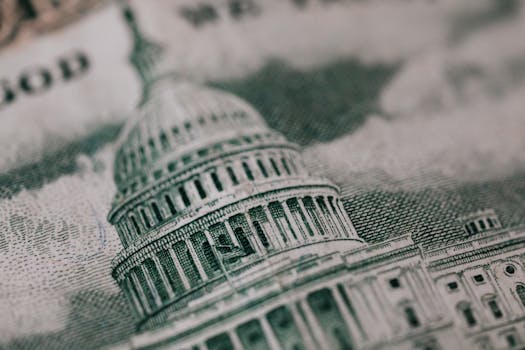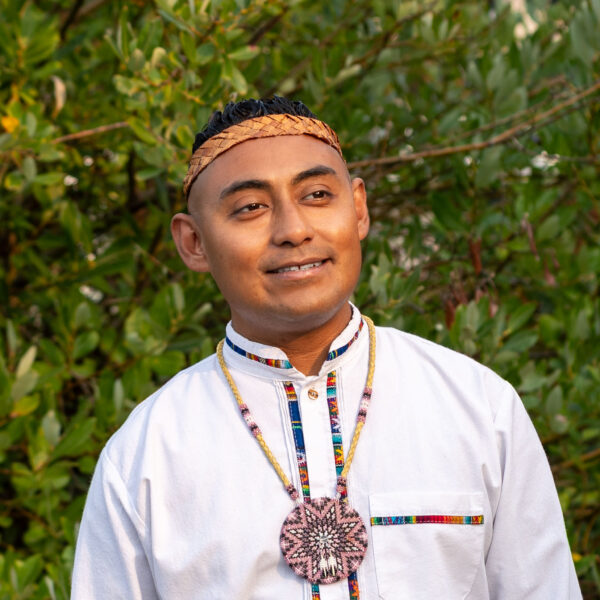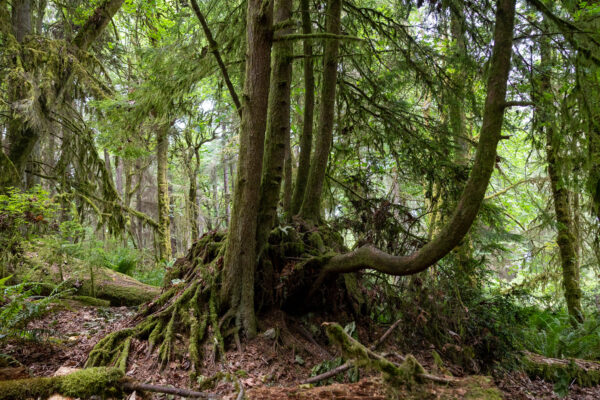During this National Hispanic Heritage Month (September 15-October15), we reflect that many Latin American cultures have a rich Indigenous history as caretakers of the natural world: The Aztecs, who ruled Mexico before colonization, built a capital at Teotihuacan that was essentially zero waste, growing food on artificial islands fertilized with household waste, and employing a complex recycling system. Indigenous Tribes in the Amazon have for millennia managed the rainforest’s resources while living light on the land.
Here are just a few Latino/a conservation champions you should know:
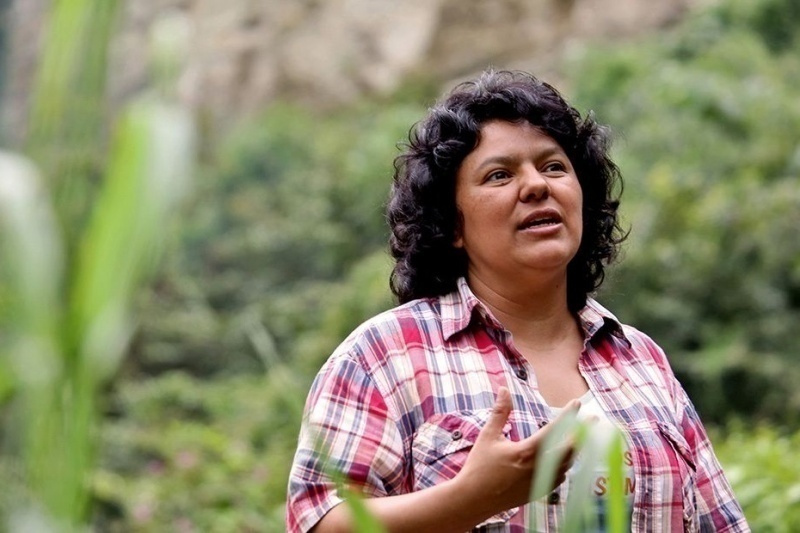
Berta Caceres (1971-2016) Caceres was a Honduran woman and member of the Lenca, the largest Indigenous group in that country. She led a successful grassroots campaign to block the construction of the Agua Zarca Dam at Rio Gualcarque, a site sacred to the Lenca people. She encouraged her people to fight for their rights and livelihoods. Eventually, the movement she started persuaded developers and funders to abandon the dam project. She won the Goldman Environmental Prize for this work in 2015. Tragically, she was assassinated in her home the following year.
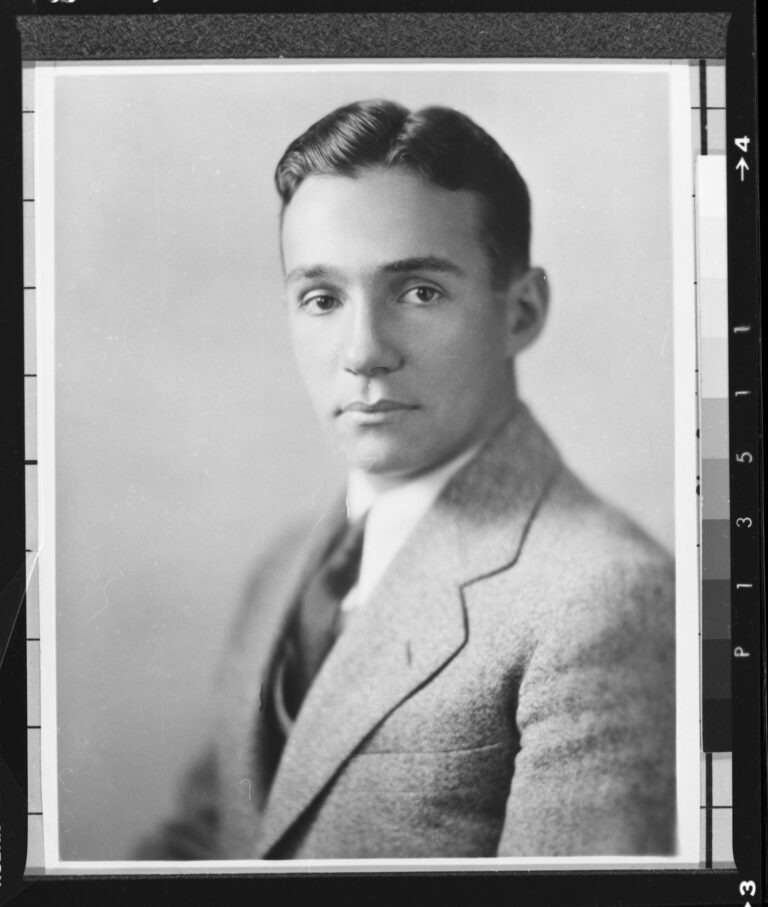
George Melendez Wright (1904-1936) Wright grew up visiting national parks with his family and later became a Sierra Club guide. Wright noted the widespread killing of predators such as wolves in the national parks. In 1928, he wrote a report documenting this and suggesting that the practice had a significant affect on wildlife populations. As a result of this work, he eventually was named the first-ever division chief of the wildlife division of the National Park Service. He instituted reforms that emphasized wildlife conservation and responsible resource management. Today, multiple mountains are named after him in national parks throughout the United States.
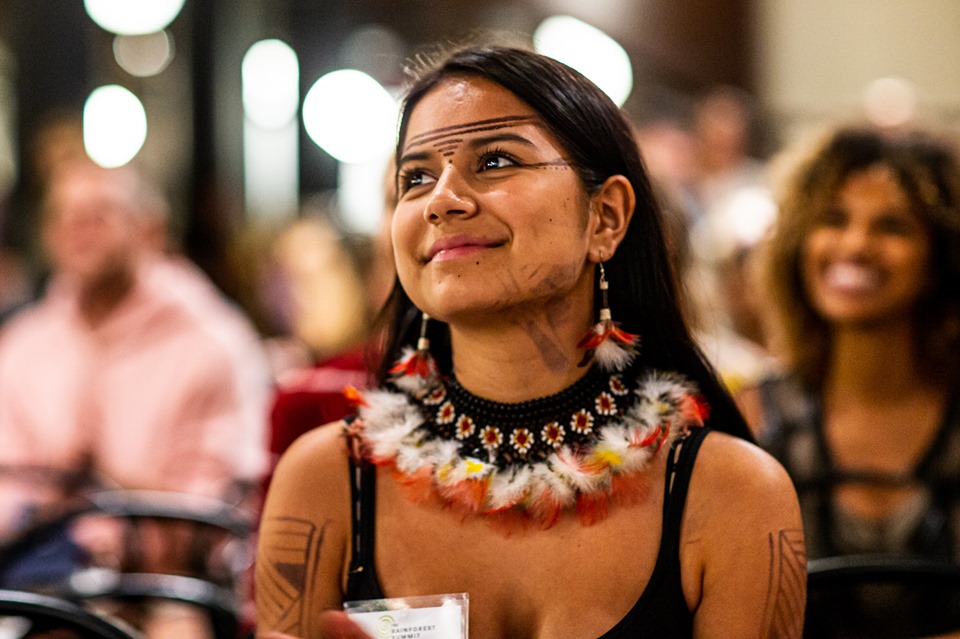
Helena Gualinga (2002- ) Gualinga is a member of the Kichwa Sarayaku community from the Amazonian region of eastern Ecuador. She fights for the protection of Indigenous communities from the pollution and destruction caused by industries. She co-founded a youth activist movement called Polluters Out which takes on the fossil fuel industry. She protested at the 2019 United Nations Climate Action Summit, and spoke at COP25 that same year. In November 2021, the United Nations Development Programme (UNDP) awarded its prestigious Equator Prize to Gualinga’s people to recognize their decades of efforts to protect their lands. Their vision for a world in which humans are connected to the natural world is summed up in a philosophy entitled Kawsak Sacha, or “The Living Forest.” Follow her on Instagram @helenagualinga
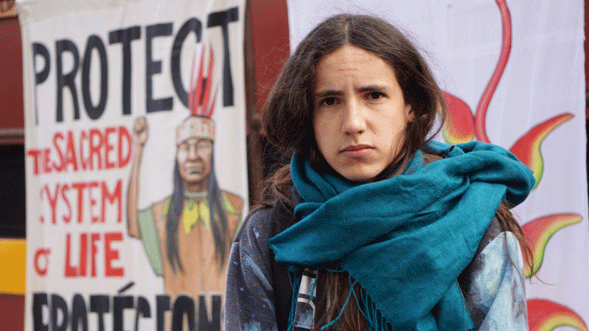
Xiuhtezcatl Martinez (2000- ) Xiuhtezcatl Martinez (pronounced Shoe-Tex-Caht) was raised in the Aztec tradition by activist parents. He gave his first speech advocating for the environment at the age of six. He later served as youth director of Earth Guardians, a non-profit that trains young people to be leaders of social justice and environmental efforts. Now an eco-hip hop artist, he released his first album, “Break Free,” in 2017. He is also the author of We Rise, about the Earth Guardians movement. Follow him on Instagram @xiuhtezcatl
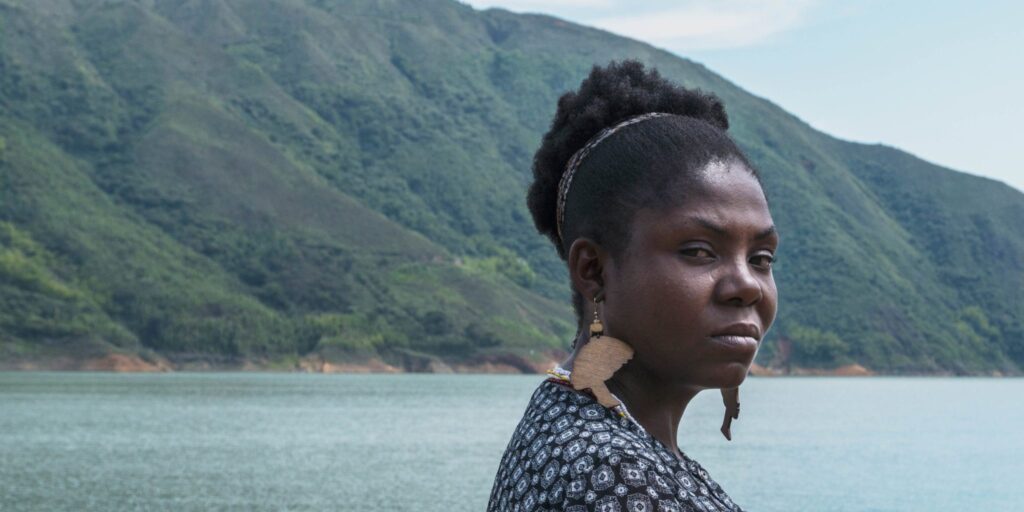
Francia Márquez (1981- ) Márquez became an activist at 13 when the construction of a dam threatened her community of La Toma, in the mountains of southwest Colombia. She later organized the women of La Toma, leading a 10-day, 350-mile march of 80 women to Bogota, the nation’s capital, to protest illegal gold mining that was destroying the forests and polluting water around their town. Nearly 80 percent of the gold produced by Colombia is mined illegally, and unlawful prospectors annually dump an estimated 30 tons of mercury into Colombia’s waterways. Márquez’s march resulted in the removal of all illegal miners and their equipment from her community. She was elected vice president of Colombia in 2022.
